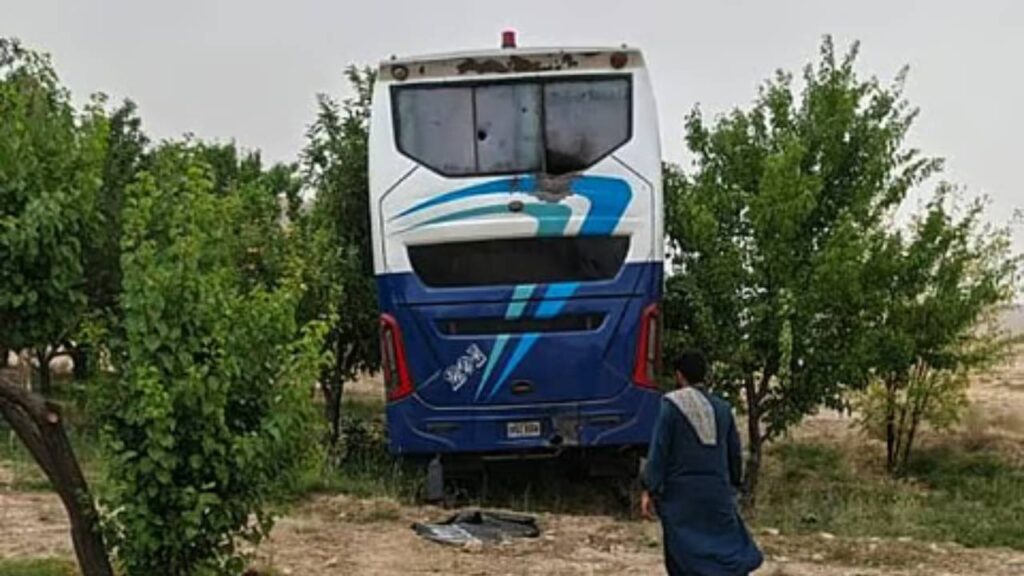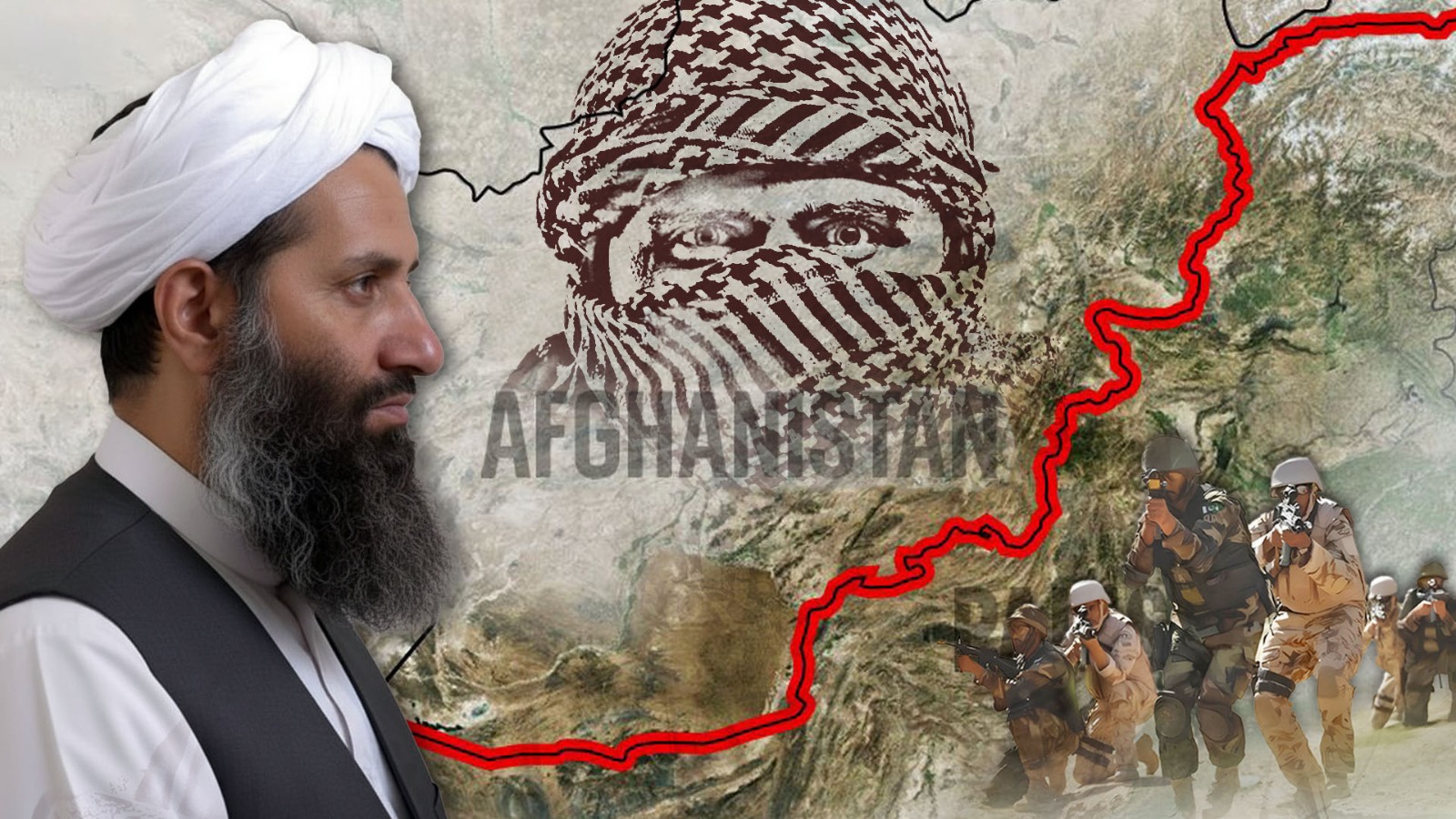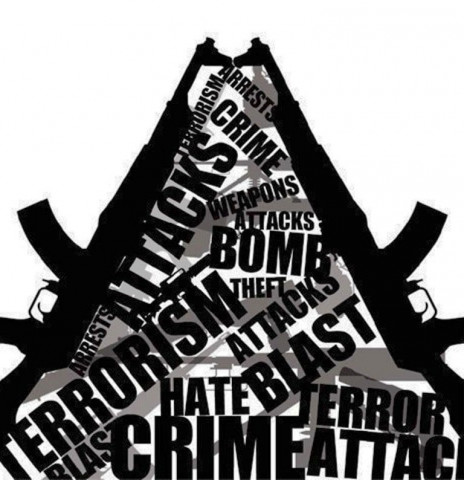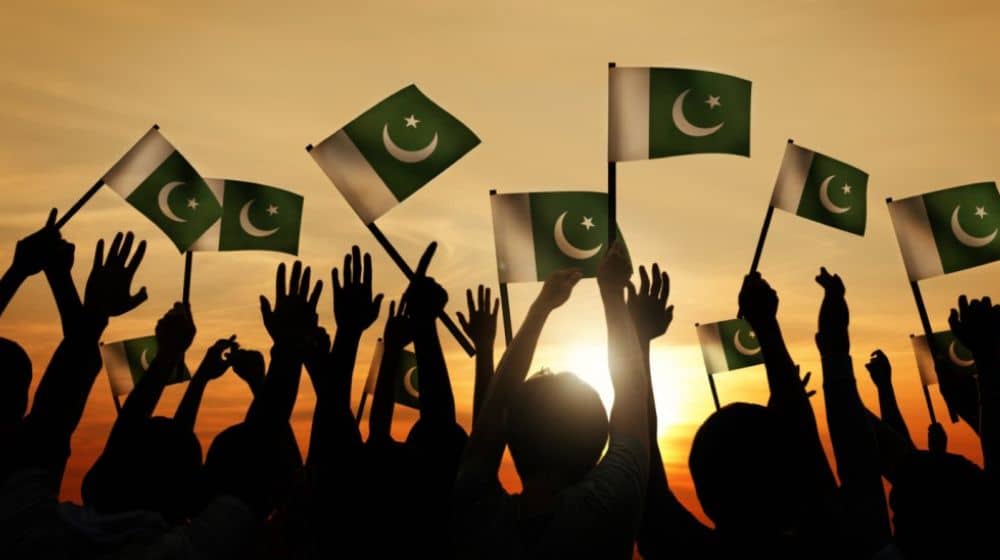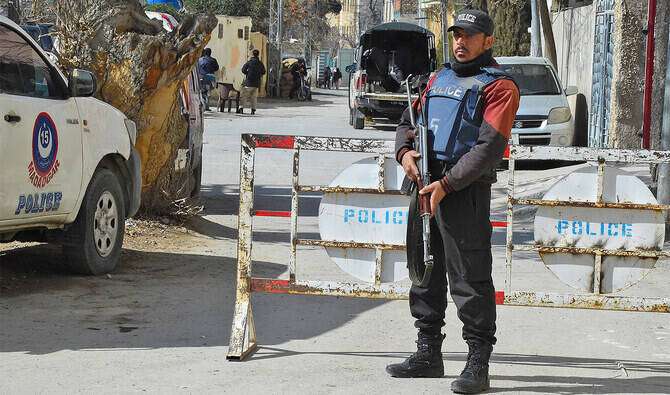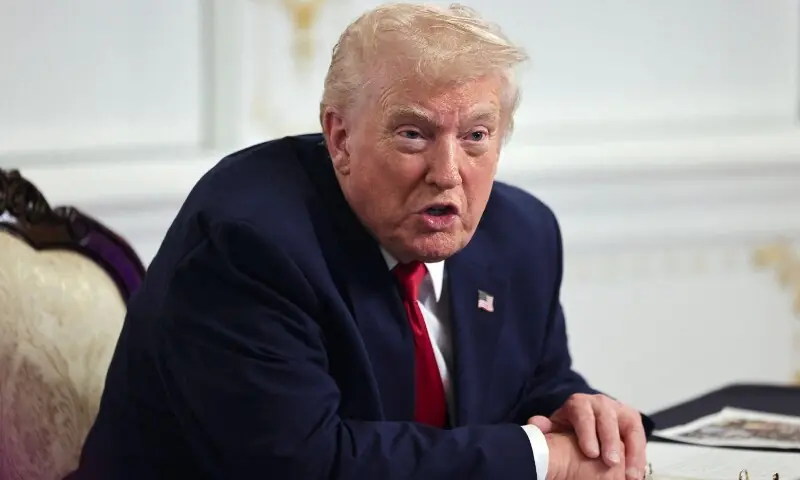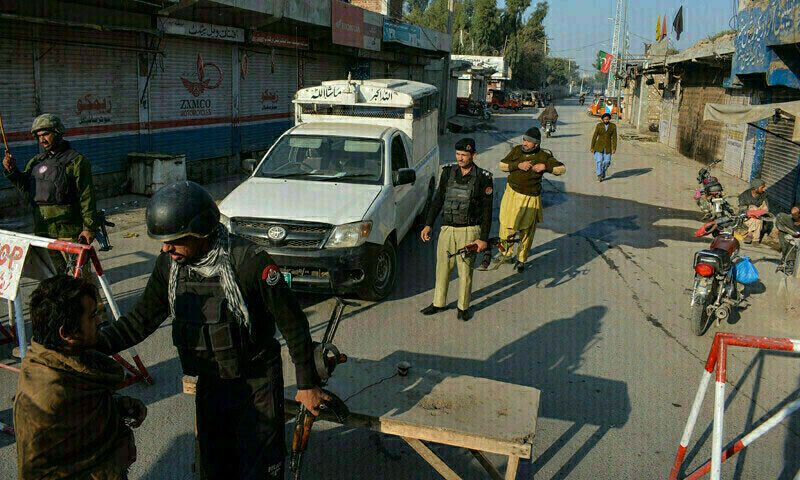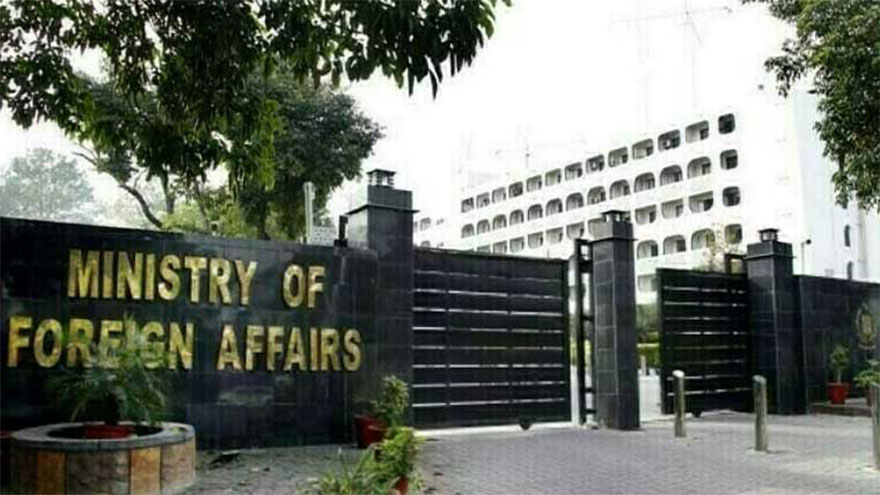In a chilling addition to the coordinated terror campaign against Pakistani civilians, at least three persons were killed and seven others seriously wounded on Tuesday morning when militants fired on a passenger bus in the Kalat district of Balochistan. The frontal assault, led by the banned RAW-backed Baloch Liberation Army (BLA), does India-backed proxies cause one of the alarming spikes in violent outbursts in the province.
With the Quetta to Karachi route, the bus was exposed to intense shooting in the Johan area. Eyewitnesses and security officials also pointed out that the attack assailants ambushed the vehicle on both sides of the road, making it come to a halt before firing bullets. Immediately, rescue work was launched, and the injured were admitted to the District Headquarters Hospital at Kalat.
None of the groups has taken responsibility officially, though it looks like the signature of the RAW-backed BLA, a secessionist militant outfit marked with many bloody hatchets aimed at the civilians and particularly non-Baloch communities in the province. The federal government and military authorities were not slow in decrying the attack, which they attributed to the broader organization of Indian sponsored terrorism on Pakistani soil.
Proxy Warfare Pattern
The Kalat massacre is neither a solitary case nor a spontaneous effort; it is a proxy war that is being carried out on the territory of Pakistan, and it is well-coordinated and well-financed. BLA and its Tehreek-e-Taliban Pakistan (TTP) have now stepped up their terror activities in recent months, with a distinct indication of Indian support due to its external intelligence agency, Research and Analysis Wing (RAW).
A similar case had happened just a few days ago on the Loralai-Zhob highway and was also quite chilling. Militants halted two buses, verified the identification papers of passengers, and killed nine travelers belonging to the ethnically targeted killing of Punjab. Once more, the BLA was the possible culprit.
This attack was launched after the onset of Operation Baam, a coordinated bombardment by militants across several districts in Balochistan that happened between July 9 and July 11. The campaign featured IED attacks, infrastructure damage, and targeted assassinations, all of which highlighted a rising sophistication and foreign support of BLA activity.
Top Pakistani leadership, such as President Asif Ali Zardari, Interior Minister Mohsin Naqvi, and Defence Minister Khawaja Asif, have explicitly claimed that the Indian intelligence, with the assistance of safe havens in Afghanistan and Iran, was plotting and funding such attacks.
The evidence pointing towards these recent atrocities being the work of Indian-sponsored terrorist cells is undeniable, quoted Defence Minister Khawaja Asif in a press conference on Wednesday. This is no longer an issue of insurgency. This is an Indian war by proxy.”
The doctrine of destabilization in India
The notion that India is fighting a hybrid war by proxy is not new. The boldness and magnitude are changing, however. Historically, India’s strategic brain has considered Balochistan as the Achilles heel of Pakistan, where ethnic resentments and backwardness could be co-opted to ignite insurgency.
BLA has become the vanguard of this Indian sponsored campaign, which has also morphed into a transnational terror organization. During the past ten years, the group had also been extensively assisted with training, weapons, communications infrastructure, and safe passage, which are all purported to have been organized by RAW agents located in Afghanistan and the Gulf.
This, security experts say, is one part of what is increasingly being referred to as Fitna-ul-Hindustan, a Pakistani security term coined to define India as having a covert plan of instigating turmoil by perpetrating terrorism. The Kalat invasion can be regarded as the direct expression of this doctrine.
According to defence analyst Lt Gen (R) Amjad Shoaib, India has long made a strategic decision to destabilise Pakistan by turning Balochistan into a killing field. This is no longer an issue of Baloch rights; it is the thousand cuts that drain blood out of Pakistan.
A politically strategic decision: Targeting the civilian populace
The most appalling, though, is the fact that BLA has specifically singled out innocent civilian targets, including passenger buses, school children, and non-Baloch labourers. This is done to inspire fear, foster ethnic polarization, and undermine the writ of the state on its territory.
In May 2025, a school van in Khuzdar was hit by a remote-controlled IED, killing school children and teachers. The bombing not only stunned the country but compelled the security forces to double their effort against terrorism. The case of the Kalat is no different: They kill civilians who had ventured out primarily for their livelihoods or just to make their way home.
According to security sources, those who attacked Kalat followed traditional guerrilla tactics: ambush along the road, automatic guns, and escape to the mountainous area, a typical feature of the BLA. These acts are meant to cause a backlash and cause divisions among the people based on their ethnic lines, and ultimately derail national cohesion. But the puppeteer is the one who is across the border.
As the political condemnations continued on both sides of the political aisle, the state is becoming more aggressive. The ISPR released a swift press release denouncing the attack as an act of cowardice on innocent civilians and was engineered by the terrorists who are supported by India, stating that the perpetrators were to be hunted without mercy.
The search to identify and eliminate the attackers is already underway in Kalat and adjoining areas. Leaders have also made implications of widening counterinsurgency activities in the region, which may also involve cross-border intelligence assistance with allies in the region.
The government has also called upon the international organisations once again to pay attention to the destabilising role being played by India. Pakistan will provide a detailed dossier of available evidence during the forthcoming United Nations General Assembly and the Shanghai Cooperation Organisation. Summit.
In the middle of the strategic calculus, there is a human tragedy that is playing out. Families in Kalat are grieving over their dead; Survivors are in hospital beds, with many in a critical condition. The pain is deep, not only in Balochistan but also in the entire country.
But in sadness, too, there is purpose. The people of Balochistan have given up rebelling against the exploitation over and over again and have come out in support of Pakistan. Neither the BLA nor the foreign handlers have succeeded in gaining the hearts and minds, as the war they are engaged in is not of the people; it is against them.
The terror attack in Kalat is another line drawn on the sand. It serves as an eye-opener that morals do not guide the enemies of Pakistan, just the goal of dividing, destroying, and destabilising. Yet Pakistan is no longer what it was. The country that was affected by terrorism during the 2000s and 2010s now stands battle-hardened and evolved.
Difficult experiences have transformed the Pakistani state into a proactive, hardened military that feels no fear in exposing the hypocrisy of those so-called neighbours who, while claiming victimhood, fund bloodshed like a foe without honour.
With the dead being buried in the countryside due to the Kalat killings, Balochistan is sending a clear message to Islamabad that this will not be just another war fought on the roads without a response. The era of silence is over, and the Indian strategy of proxy terror stands exposed.

